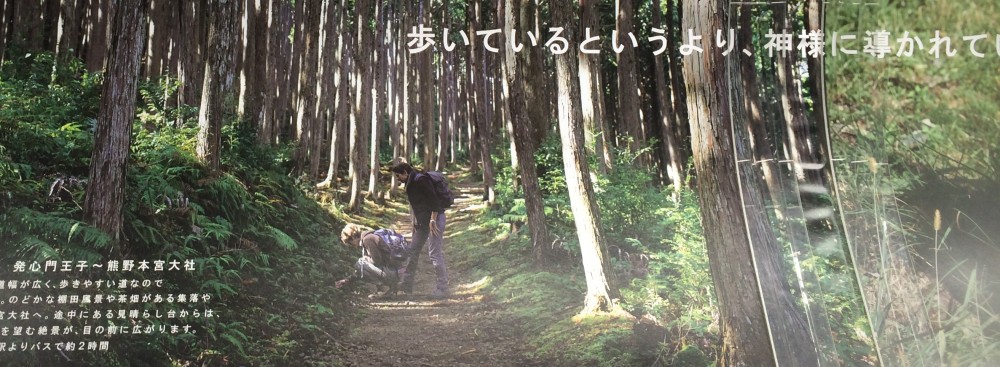“Digital literacy is less about tools and more about thinking, and thus skills and standards based on tools and platforms have proven to be somewhat ephemeral.” Wow. It’s starting to soak in. I’m reading something called “The Horizon Report” and I have to keep stopping to absorb stuff. Although I feel like I’m already water-logged (steady rain during my hour-long soggy bike commute home) I know that to “stay afloat” in this digitally-connected and ever-evolving academic world, I need to cultivate the ability to be ever more absorbent. Now I sound like a diaper commercial. Let’s go back to that first statement.
“Digital literacy is less about tools and more about thinking.” So it’s not just a matter of absorbing all of the new applications, digital organizers, enlightened blog posts, and cool resource-laden websites…. (how can I remember all that stuff anyways?)…. it’s more about changing my way of thinking about the learning process and welcoming the digital shift.
I admit that change does not come easily to me. I watched an amazing but completely normal event in the library today. The usual early-morning batch of educational gamers had installed themselves at the computers and I mentioned to one of them my plans for expanding the school library website and adding some extras… like links to some great new educational games. “Like what?” Of course, he was curious. They are tired of playing the same old teacher-approved games and typing practice. So I gave him one example of a reasoning, physics-based game like Civiballs, and he took off. No instructions, no questions, no prompts needed. He just figured it out as he went along. After about five minutes, at least eight kids were playing the game and other related games. I watched them for a while and slowly figured out some of the rules and they charged ahead to level 10 and beyond. No fear. I watched them fail at some levels again and again, but they did not show any frustration; they just persevered until they understood the rules. New is not scary. New is an adventure. That is the mind shift that I need to absorb.
I suppose I have changed and become more able to embrace new technology, but I often only see my failures and frustrations and no longer notice what I can do. I think that for many of us, we don’t realize we have changed until we stop to compare what it was like before. We may have been soaking in a new and challenging environment and learning to adapt, but we cannot see how far we have come.
I was thinking about this as I was biking home in the rain today. Back in California, I had been immersed in a car culture. We drove everywhere. For a while, we drove our kids to school. We drove to the grocery store. We drove to church. I am ashamed to admit that I even drove to the health club which was only a few miles away… and I looked for a parking spot close to the door. How ironic is that? Sacramento has one of the highest incidences of asthma because of its poor air quality. Driving to a health club (in a perpetually sunny environment) really was ridiculous on so many levels, but I didn’t notice it at the time. Now, here in Tokyo, I bike 22 km a day in all kinds of weather. On my way home today, I passed several automotive traffic jams and realized that biking, even in a downpour (or especially in a downpour) was faster than driving. It was cleaner, healthier, gave me my needed exercise and allowed me almost two hours of downtime per day. And lots of other people were doing the same. I was surrounded by a different environment and had changed without knowing it had happened.
Of course, it is easier not to change. Change can be painful and uncomfortable. I have to accept the fact that I will get wet and cold and tired while biking, just as I have to accept the fact that learning about new technology and then having the courage to try to use it effectively, failing and then trying again, is all par for the course. To finally feel that you are in your element, you first have to be immersed in the elements. A change in thinking will allow a change of heart.

How true Ruth. Often we resist change and yet when we have gone through change we forget where we have come from. It is always good to stop and have some reflection time to see how our thinking and thus our behaviors have changed. The time on your bicycle gives you down time which is so important for each of us.
Hi Ruth – I don’t think it will surprise you to hear I could relate to this metaphor. It is also wonderful how you acknowledged the strengths in your students as they immersed themselves in the new environment and how we as adults also need to be reminded of the benefits of doing just that. More as a rhetorical question than anything, what then are the fundamental literacy skills that precede mastery of new technology. I would offer that curiosity and gumption are two that in tandem seem to set us up for success with tech and also cycling 🙂 – AC